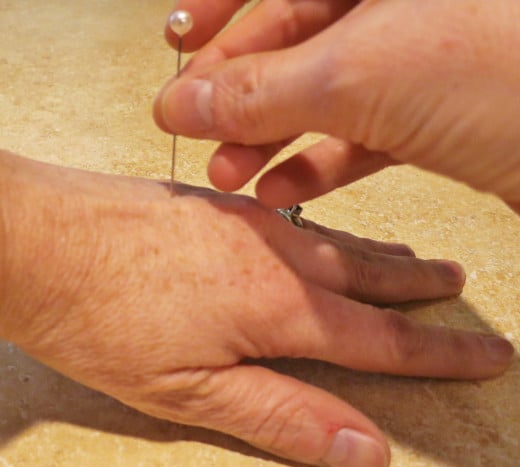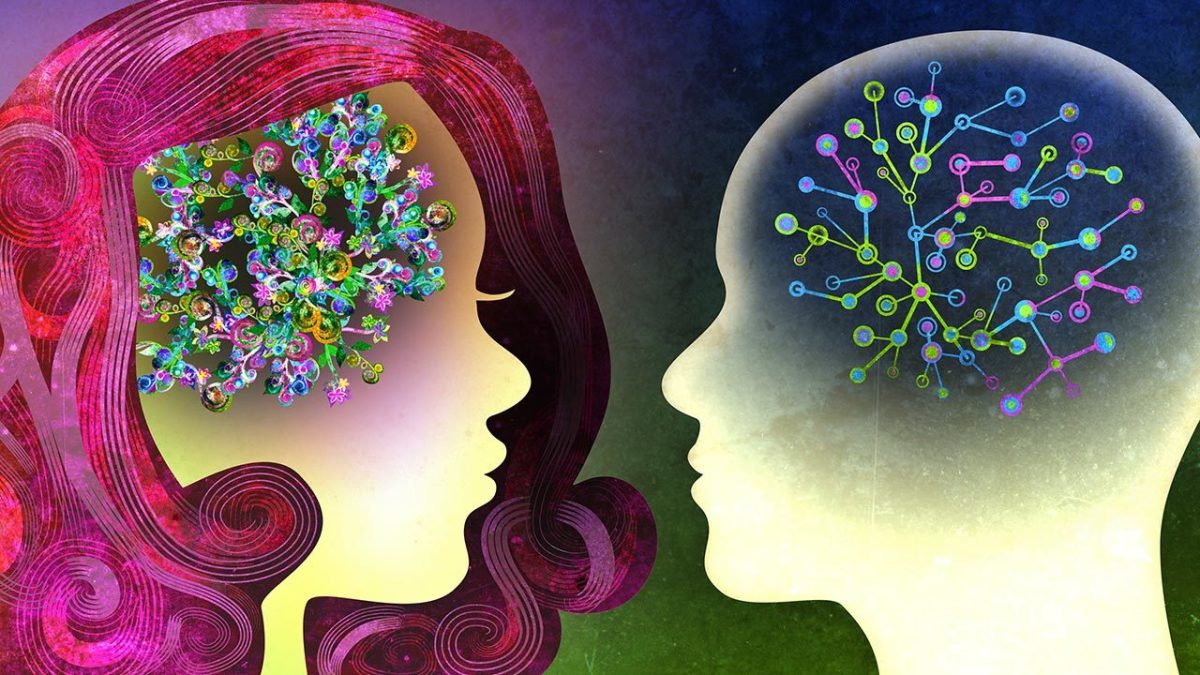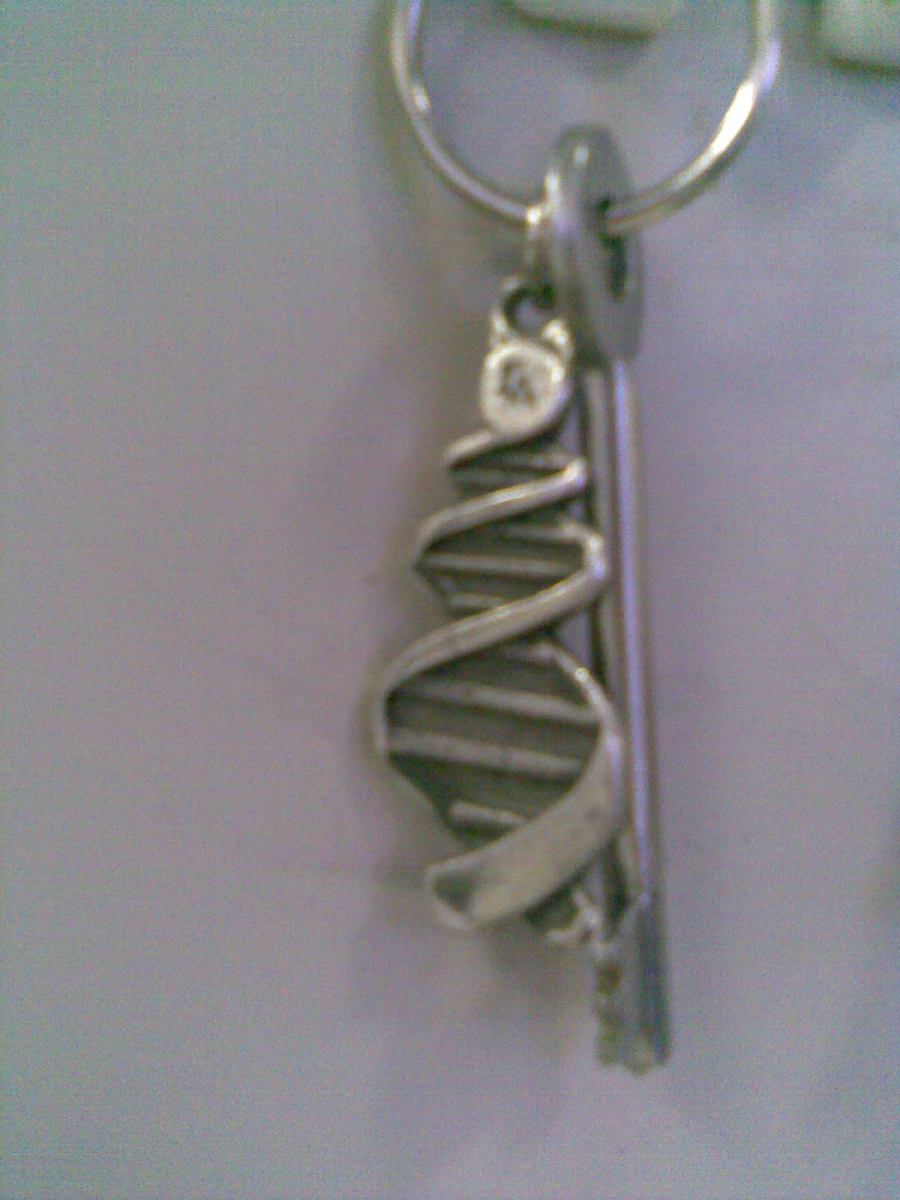Pain: Are Redheads Really More Sensitive?

Redheads Feel Pain Differently
Redheads have always "enjoyed" wild stereotypes and infamous reputations. Making up only 2% of the world's population, it's no wonder "Gingers" have are not well understood!
In recent years, redheads have been on the minds of medical professionals and scientists for our sensitivity to pain!
Redheads feel more pain and are more sensitive than the rest of the population. They have long earned this reputation within the anesthesiology community.
I just had never heard of it until one walked into my pre-op and exclaimed, "Oh no, you're a redhead! You'll need more anesthesia than a normal person needs!"
I looked at him and asked, "Whaaaat?" and then thought, "What, I'm not normal?"
He explained, with much humor, that redheads always needed more anesthesia than other patients. And although it was officially considered "urban legend", every anesthesiologist knew it to be true from experience.
This new information made me think! Yes, I had asked for more Novocain when the Dentist worked on me. And then they were surprised when I told them I could still feel them working. Luckily, they gave me what I needed. And double lucky that I've needed very few procedures!
I also can't tell you how many time's I've hollered in pain for some ordinary thing, explaining to people that I'm just "sensitive!"
Finally in 2004 some official studies were done on redheads. And now, science has backed it all up!
Sort of...

"Oh, it's all in your head!" Apparently, That's Half Right!
We've all experienced pain. But what is it?
According to Doris Cope, MD, an anesthesiologist leading the Pain Medicine Program at the University of Pittsburgh Medical Center, pain is experienced in both our nervous system as well as our emotional brain.
First the impulse is sent through our nervous system to different pain receptors and then our brain interprets it.
There are also many different kinds of pain. Think about cold, hot, prickly, impact, tight muscles, head aches, tingly nerves, numbness, etc. While one person may be able to walk barefoot across the icy driveway in the Winter, that same person may cry like a maniac at a needle prick when giving a blood sample.
This makes it very difficult for medical professionals to diagnose and treat pain. There's lots of room for disbelief on the medical person's side and room for exaggeration on the patient's side when pain drugs are involved.
Not to mention, our cultural bias can persuade medical professionals to think men should be tough and women just complain a lot. If pain is considered "urban legend" among a given population like redheads, it can be a hard battle to fight to get proper relief.
Redheads Have a Gene Mutation
Well, of course we do!
The gene responsible for a human's hair and skin color is the melanocortin 1 receptor (MC1R). Studies suggest that in 98% of the world's population, the MC1R gene produces dark eumelanin. But in redheads, the gene is mutated so it produces a red-tinged pheomelanin instead.
Studies believe that this mutation is not only responsible for red hair and fair skin, but is also responsible for the way redheads experience pain. Studies have found that the MC1R somehow interacts with certain hormones, including endorphins (endogenous morphine) which play a role in our body's natural pain relief.
So, the gene responsible for red hair and our skin cells' lack of melanin release (tan), may also influence the way our bodies use endorphins.
Studies Reveal Confusing Conclusions
Many early studies tested people on only one kind of pain. For instance, the famous study in 2004 done by the Cleveland Pain Clinic tested people's need for anesthesia during surgery. This showed a 19-20% increase in needed anesthesia during surgery on redheads as opposed to other surgical patients.
Tests done shortly after in 2005 that showed how redheads were more resistant to the effect of Lidocaine during dental procedures (see links below) than the rest of the patients. In a study in 2005, Redheads were also found to be more sensitive to cold.
These studies proved that we needed more painkiller to kill the pain and thus the conclusion was that we experience pain differently.
The research done at McGill University in 2004 confused many, revealing the opposite of the early studies, finding that redheads could take MORE pain.
Studies on pain done with capsaicin (the substance that makes hot peppers hurt) in 2010 published by the Scandinavian Journal of Pain (see link below) found that FEMALE redheads were really tough cookies.They could take more pin-prick kind of pain than test subjects with different hair colors.
And to make it all more confusing, one of my favorite shows Myth Busters, did a segment on cold tolerance by gingers in 2010 finding that, yes, redheads can take more pain than others!
Confused yet?
Why All The Confusion About Pain Tolerance?
After doing this research over a few years, I've come to a couple of conclusions.
- The Anesthesiologists and dentists were looking at one thing. Basically, they were looking at the amount of anesthetic it took to keep the patient from jumping off the table and running away. These drugs contain a combination of three components: an analgesic for pain, a reversible inhibitor of sensation and/or a reversible loss of consciousness. Their information is important, validating what most of us redheads already know, that we just need more please, and thank you! It was not clear which of these elements needed to be increased.
- The McGill study was different: part of it studied the difference in analgesic response while another tested pain threshold (see side links for Time Magazine's article.) It found that those with the mutant MC1R gene could take more pain but were more resistant to common analgesics.
It's been proven that men process pain through different neural pathways than women do. But the studies at McGill and later studies elsewhere, have shown that women with the MC1R mutation do better with analgesics which bond with the Kappa-opioid receptors.
However redheaded men and men in general do better with Mu-opioid friendly analgesics.
Unfortunately for redheaded women, the vast majority of analgesics are Mu-opioid friendly because the others are deemed less effective. Childbirth uses the Kappa-opioid type and redheads are found to need less of it than the other patients.
Exciting Possibilities For Pain Management
These discoveries are exciting, expanding our understanding of pain management. Our aging population suffers with pain at an alarming rate, but pain management lags behind In fact most changes are with prescribing policy, becoming more restrictive for fear of possible addiction.
As quoted by Jeffrey Mogil from the McGill Study so many years ago, "This is a pretty good example of pharmacogenetics, which is something that's causing quite a bit of excitement right now. It's the idea that treatment decisions -- the dose and type of drug -- might be based on genetic status. If you know what genes are relevant to drug responses you can test people beforehand and predict how well they're going to respond and decide whether to use it or not."
Developing more Kappa-opioid friendly analgesics might help chronic pain from migraines, fibromyalgia, and other chronic pain conditions that affect women disproportionately more than men.
Current information about new analgesics, beyond restricting access, are hard to find. The most recent article I found was titled: "Lost but making progress..." which speaks to the need for new research to find better pain medications.
Let's hope for everyone's sake the continued study of the MC1R gene is studies further and will help everyone think about pain management research in a different way.
It seems to me...
...that redheads are probably more tolerant to pain. But based on our genetics, current pain medications do not meet the needs of many female redheads.
Ouch - It's COLD!

But Are Redheads More or Less Sensitive?
I think there needs to be more studying to really answer this question. Identifying the mutant MCR1 gene is a great first step, but the confusing studies are not definitive as to redheads' sensitivity to pain.
I for one am, but I have a Ehlers - Danlos Syndrome which causes chronic pain.
My take away from all of this is that redheads are probably more tolerant to pain. But based on our genetics, current pain medications do not meet the needs of many female redheads.
To think that our mutant gene could be a key to finding out more about pain and developing more effective relief is exciting! I know being a redhead is super special, and now there's one more reason why!
Links For More Information
- Pain sensitivity and experimentally induced sensitisation in red haired females
A small study to investigate pain sensitivity and experimentally induced sensation in red haired females. - Redheads and painkillers
McGill University's study: Redheads and painkillers - Study: Redheads' extra pain may cause fear of dentists - CNN.com
Despite two injections of anesthetic, Amy Anderson felt like her dentist was jamming rods into her tooth during a root canal. By why? - Do redheads really feel more pain? The jury's still out | TIME.com
You may have seen the well-publicized study that shows redheads are more scared of the dentist than other people are.








